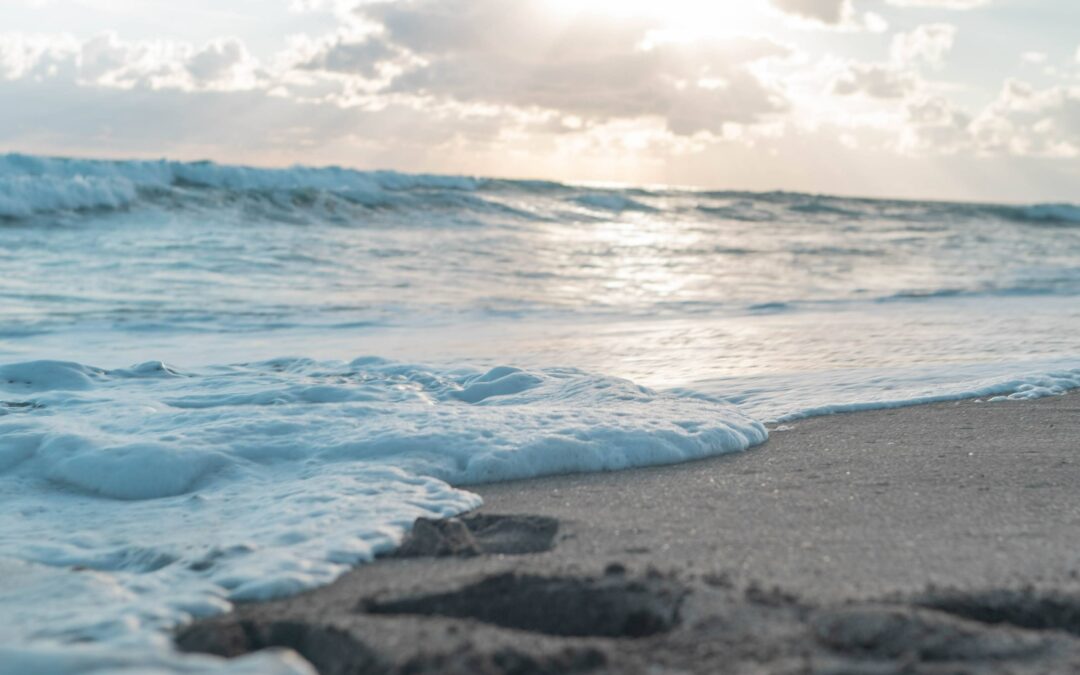When it comes to planning a trip or choosing a place to live, understanding the weather conditions is crucial. In this article, we will delve into the topic of weather in Navarre, providing you with a comprehensive guide to the climate and conditions of this beautiful region. Whether you’re a local resident or a visitor, having a good understanding of Navarre’s weather patterns will help you make informed decisions and prepare adequately for any outdoor activities. So, let’s dive in and explore the diverse weather experiences that Navarre has to offer!
Weather in Navarre
Navarre, located in the northern part of Spain, experiences a temperate oceanic climate. The region is known for its pleasant and mild weather throughout the year, making it an attractive destination for both locals and tourists. The combination of the Atlantic Ocean and the Pyrenees Mountains influences the weather patterns in Navarre, resulting in a unique blend of conditions that vary from season to season.
The Four Seasons in Navarre
Spring: Embracing Nature’s Bloom
As winter bids farewell, Navarre welcomes spring with open arms. The season starts in March and lasts until May, bringing with it a burst of colors as nature awakens from its slumber. During spring, Navarre experiences mild temperatures ranging from 10°C to 20°C (50°F to 68°F), creating a pleasant atmosphere for outdoor activities. The landscape becomes a tapestry of blooming flowers and vibrant greenery, offering a breathtaking backdrop for hikers, nature enthusiasts, and photographers.
Summer: Basking in the Sun
Summer in Navarre is a time to soak up the sun and enjoy the region’s natural beauty. From June to August, temperatures rise, creating a warm and inviting climate. The average temperatures range from 20°C to 30°C (68°F to 86°F), making it ideal for swimming in the crystal-clear waters of Navarre’s beaches or exploring the picturesque countryside. It is worth noting that summers in Navarre are generally dry, with occasional rain showers providing a refreshing break from the heat.
Autumn: A Symphony of Colors
As summer fades away, Navarre transforms into a breathtaking canvas of autumnal hues. From September to November, the region experiences cooler temperatures ranging from 10°C to 20°C (50°F to 68°F). The forests and mountains come alive with vibrant shades of red, orange, and gold as the leaves change, creating a picturesque setting for nature lovers and photographers. Autumn in Navarre is also an excellent time to indulge in local gastronomy and witness traditional festivities that celebrate the harvest season.
Winter: Snow-Covered Landscapes
Winter in Navarre offers a completely different experience, with snow-capped mountains and a magical ambiance. From December to February, temperatures range from 0°C to 10°C (32°F to 50°F), making it a suitable time for winter sports enthusiasts to hit the slopes. The Pyrenees Mountains offer excellent skiing and snowboarding opportunities, attracting visitors from near and far. Additionally, the cities and towns of Navarre are adorned with festive decorations, creating a cozy and warm atmosphere during the holiday season.
Frequently Asked Questions about the Weather in Navarre
1. What is the best time to visit Navarre?
The best time to visit Navarre largely depends on your preferences and the activities you plan to engage in. Spring and autumn are considered favorable seasons due to their mild temperatures and picturesque landscapes. If you enjoy outdoor activities and exploring nature, visiting during these seasons will offer you the opportunity to witness the blooming flowers in spring or the vibrant fall foliage in autumn. However, if you’re a fan of warmer weather and beach activities, summer is the ideal time to visit Navarre.
2. Does Navarre experience extreme weather conditions?
Navarre generally enjoys a moderate climate without extreme weather conditions. However, it is worth mentioning that during the winter months, especially in higher elevations, snowfall can occur, and temperatures can drop below freezing. It is advisable to check the weather forecast and come prepared with appropriate clothing and equipment if you plan to engage in winter activities.
3. Are there any microclimates within Navarre?
Yes, Navarre is known for its microclimates, thanks to its diverse geography. The region encompasses coastal areas, mountains, valleys, and plains, each with its own unique climate characteristics. For instance, the coastal areas tend to be milder and experience slightly higher temperatures compared to the mountainous regions. When planning your activities, take into consideration the microclimate of the specific area you’ll be visiting to ensure you are prepared for the weather conditions.
4. Does it rain a lot in Navarre?
Navarre experiences a moderate amount of rainfall throughout the year. However, the distribution of rainfall is not evenly spread across the seasons. Summers tend to be drier with fewer rain showers, while autumn and winter receive more precipitation. It’s always a good idea to carry a light rain jacket or umbrella when exploring Navarre, especially during the cooler months when rain showers are more frequent.
5. Can I engage in water sports in Navarre?
Absolutely! Navarre’s coastal areas offer excellent opportunities for water sports enthusiasts. The region is known for its beautiful beaches and clear waters, making it an ideal destination for activities such as swimming, surfing, paddleboarding, and sailing. During the summer months, when temperatures are warmer, you can fully enjoy the coastal delights that Navarre has to offer.
6. Are there any specific weather precautions to keep in mind?
While Navarre generally enjoys pleasant weather, it’s essential to be prepared for any changes. Here are a few precautions to keep in mind:
- Sunscreen: Protect your skin from the sun’s harmful rays, especially during the summer months when the sun is stronger. Apply sunscreen with a high SPF, wear a hat, and seek shade during the hottest parts of the day.
- Layered clothing: As temperatures can vary throughout the day, it’s advisable to dress in layers, especially during spring and autumn. This way, you can add or remove clothing as needed to stay comfortable.
- Check the forecast: Before heading out for any outdoor activities, check the weather forecast to be aware of any potential changes or adverse conditions. This will help you plan accordingly and make the most of your time in Navarre.
Conclusion
Navarre offers a delightful array of weather experiences throughout the year, from colorful springs and sunny summers to picturesque autumns and snowy winters. The region’s temperate climate and diverse landscapes make it a captivating destination for nature enthusiasts, adventure seekers, and those looking to indulge in the local culture. By understanding the weather patterns and being prepared for any changes, you can make the most of your time in Navarre and create lasting memories in this enchanting region. Whether you’re exploring the vibrant cities, hiking in the mountains, or relaxing on the pristine beaches, Navarre’s weather adds an extra layer of charm to your experiences.
In summary, Navarre’s weather is characterized by mild temperatures, moderate rainfall, and distinct seasons that showcase the region’s natural beauty. From the blooming landscapes of spring to the snowy wonderland of winter, each season in Navarre offers its own unique allure. So pack your bags, prepare for the weather, and embark on a journey through Navarre’s captivating climate.

